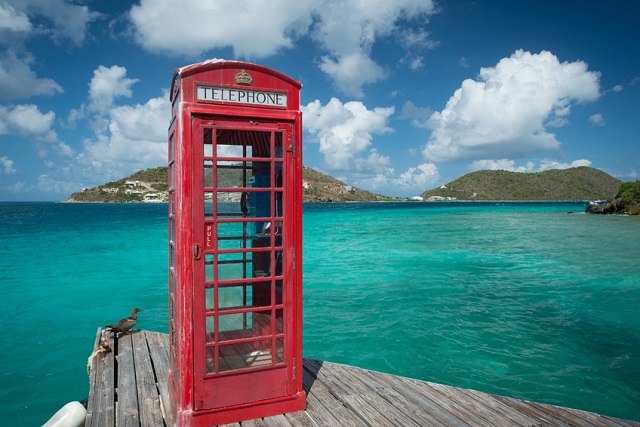The details of the owners of companies registered in the British Overseas Territories (BOTs) will now not be made public until 2023, after the UK government delayed the mandatory creation of the registers.
In May 2018, a cross-party campaign group of MPs tabled an amendment to the Sanctions and Anti-Money Laundering Bill 2018 – which has since become the SAML Act 2018 – forcing the governments of the 14 territories to impose public registers.
This gave the BOTs until the end of 2020 to introduce them. But a reprieve has now been granted extending the deadline to at least 2023, according to the Society of Trust and Estate Planners (Step).
The registers are seen as one of the main tools to tackle tax avoidance in the BOTs.
In fact, on 2 January 2019, the Netherlands blacklisted the Cayman Islands and British Virgin Islands – both British Overseas Territories – as tax havens.
UK overreach?
The Foreign and Commonwealth Office was sceptical of the 2018 amendment to the bill because it warned that imposing direct legislation on the territories could undermine their respective authorities.
Unsurprisingly, the move generated anger from the BOTs, most of which offer substantial financial services, as they deemed the UK government’s bill to be “colonialist” and “undemocratic”, as well as in breach of existing arrangements.
“SAMLA [2018] is quite specific on the obligation on the government to produce an Order in Council on those that don’t have a public register by 2020,” said Lord Ahmad, member of state for the commonwealth.
“We have made it clear to all the Overseas Territories that attended the Joint Ministerial Council [in December 2018] that they will then be obligated to produce an operational public register by 2023.”








